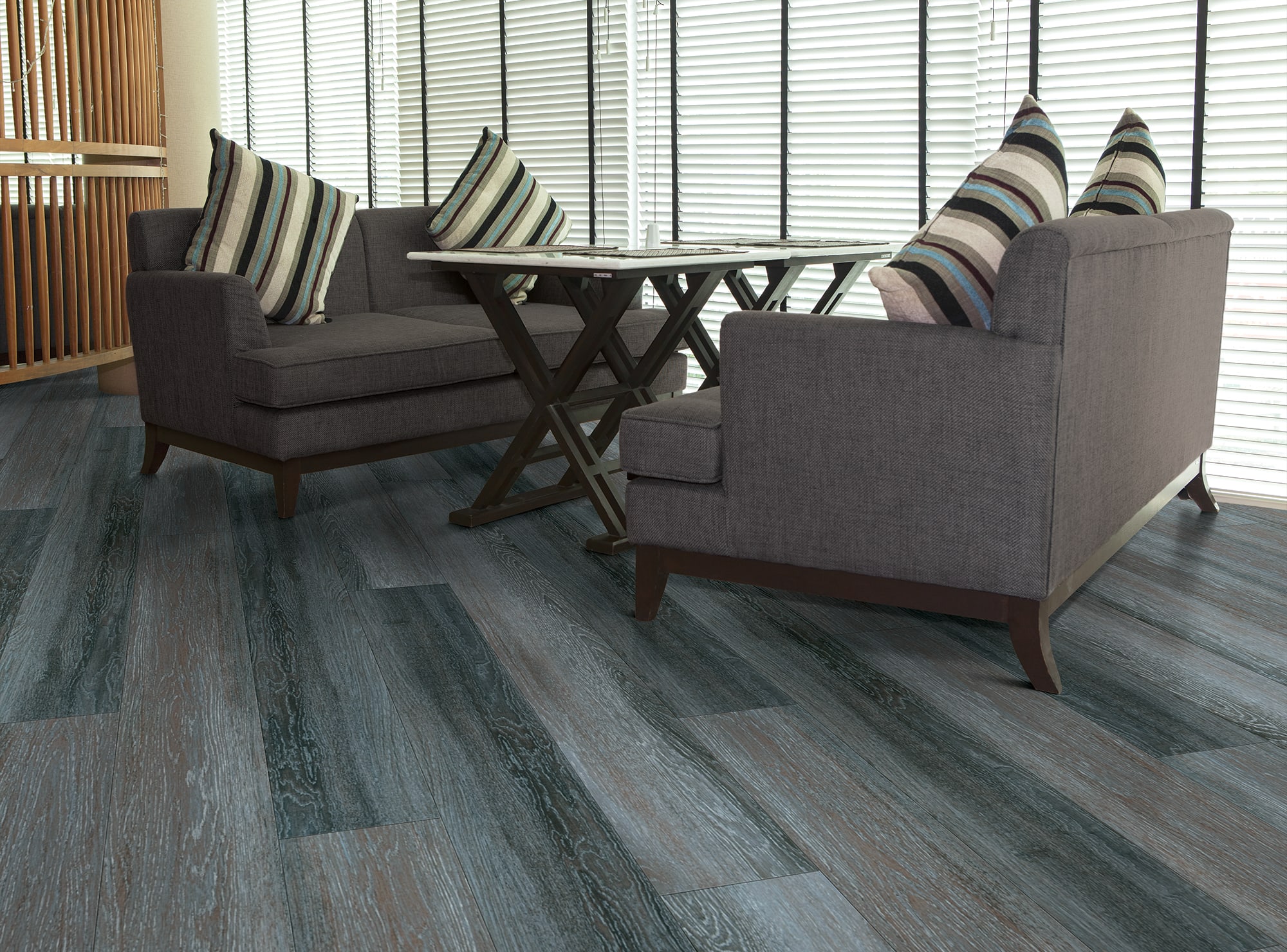Welcome to Baker's Flooring, your family-owned and operated flooring destination in Hanford, CA. Today, we're diving into a common question that many of our customers ask: Do waterproof flooring installations require a vapor barrier? Let's explore this topic together.
Understanding Waterproof Flooring
Firstly, let's clarify what we mean by waterproof flooring. In the realm of flooring materials, waterproof flooring refers to options like luxury vinyl planks (LVP), ceramic tile, and certain types of laminate flooring that are highly resistant to water damage. These materials are ideal for areas prone to moisture, such as kitchens, bathrooms, and basements.
What is a Vapor Barrier?
A vapor barrier, also known as a moisture barrier, is a layer of material used to prevent moisture from penetrating through the flooring and causing issues such as mold, mildew, or warping. It's typically installed between the subfloor and the flooring material itself.
The Case for a Vapor Barrier
In some situations, installing a vapor barrier is recommended, even with waterproof flooring. Here's why:
- Extra Protection: While waterproof flooring is highly resistant to water damage, it's not impervious to moisture. A vapor barrier adds an extra layer of protection, especially in areas with high humidity levels or concrete subfloors prone to moisture intrusion.
- Insurance Against Accidents: Despite the waterproof properties of certain flooring types, accidents can happen. Spills, leaks, or excessive moisture from mopping can still seep into the subfloor if not properly contained by a vapor barrier.
- Manufacturer Recommendations: Some manufacturers of waterproof flooring products may advise the use of a vapor barrier to maintain warranties and ensure optimal performance of their products.
When a Vapor Barrier May Not Be Necessary
However, there are instances where a vapor barrier might not be needed:
- Above-Grade Installations: If you're installing waterproof flooring above-grade, such as on the second floor or higher, where moisture is less likely to be an issue, a vapor barrier may be unnecessary.
- Proper Subfloor Preparation: Ensuring that your subfloor is clean, level, and dry before installation can mitigate the need for a vapor barrier. Proper subfloor preparation is crucial for any flooring installation, particularly for waterproof materials.
- Specific Product Instructions: Some waterproof flooring products are designed to be installed without a separate vapor barrier. Always consult the manufacturer's guidelines and recommendations for the specific product you're installing.
Consultation and Professional Advice
At Baker's Flooring, we understand that every flooring project is unique. That's why we encourage our customers to seek professional advice and guidance to determine whether a vapor barrier is necessary for their waterproof flooring installation.
Our experienced team is here to assist you every step of the way, from product selection to installation tips and maintenance advice. We pride ourselves on providing personalized service tailored to your needs and preferences. If you have any further questions or would like to explore our extensive selection of waterproof flooring options, don't hesitate to visit our showroom or contact us today.








